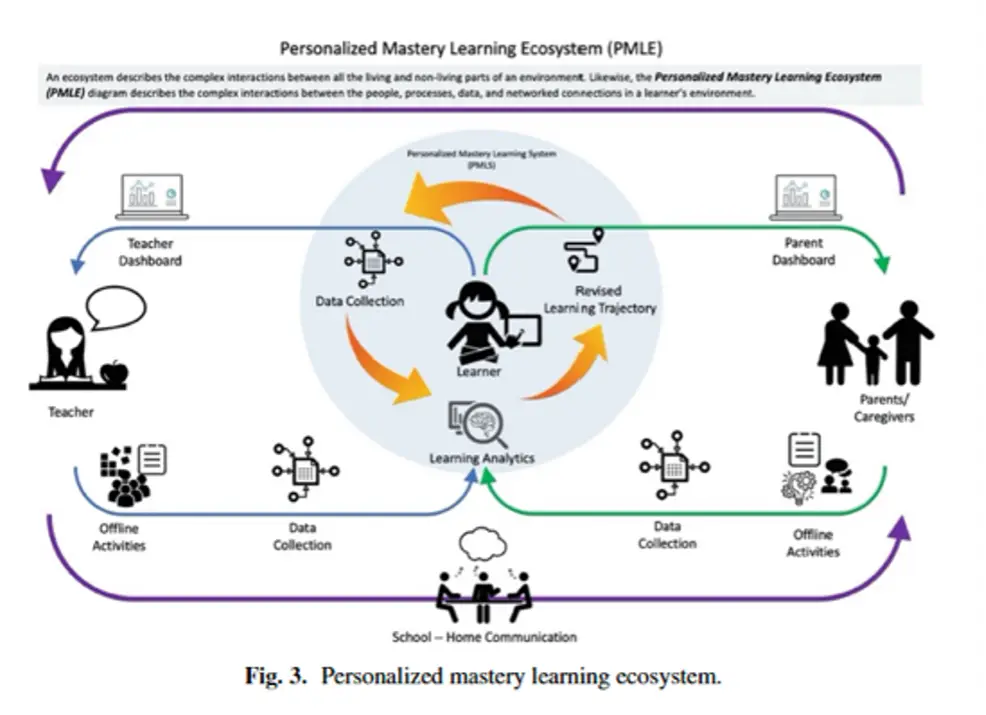In the U.S., four out of five teachers report a significant range in student math abilities in their classroom, and teachers also report that this variability in math skills impacts the effectiveness of their teaching. Teachers’ reporting of the significant range in student math abilities is consistent with what leading education innovation researcher Digital Promise found in their paper, “Learner Variability is The Rule, Not the Exception.” Differentiating instruction to account for learner variability is challenging for even the most expert teachers.
Age of Learning has long recognized that learner variability in the classroom and the demands of differentiating instruction may be one of the biggest obstacles to ensuring that every child has the opportunity to succeed. However, recent advancements in technology, data science, and adaptive instructional systems (AISs) offer an opportunity to provide a solution for learner variability at scale. Age of Learning has spent years developing and iterating a mastery-based Personalized Mastery Learning Ecosystem (PMLE)—the platform for our adaptive, game-based My Math Academy and My Reading Academy—to empower teachers to differentiate instruction through real time diagnostics and a robust collection of resource materials.
We have taken a Learning Engineering approach to developing these innovative products. Our Learning Engineering team at Age of Learning is interdisciplinary—consisting of curriculum experts, learning scientists, data scientists, design researchers, efficacy researchers, and game developers—and their work applied learning sciences research to inform pedagogy and instructional design, as well as in applications of user-centered research methodologies, evidence-centered design, and learning analytics to drive learning outcomes.
Members of two Age of Learning teams developing, testing, and iterating on the development of these products have recently published chapters in the book Adaptive Instructional Systems. Design and Evaluation, which will be presented at the upcoming HCI International 2021, the International Conference on Human-Computer Interaction.
To share their insights, we are highlighting these chapters and presentations and encourage everyone to read and attend if possible.
